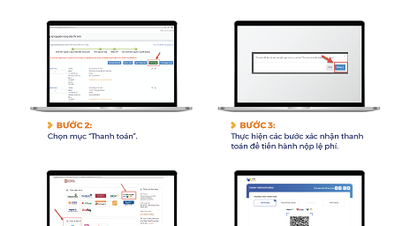In the fiscal 2024 edition of the “Priority Policy Program for Realizing a Digital Society,” Japan’s “digital deficit” was mentioned for the first time, reflecting the growing problem caused by rising costs for software licensing, cloud storage, and online advertising.
Balance of payments data from the Bank of Japan shows the deficit in digital-related services has more than doubled since 2015 to 5.35 trillion yen ($33.7 billion) last year, a factor that has kept the country’s overall services balance of payments out of balance even as tourism has recovered.

Demand for digital services continues to expand alongside the broader development of artificial intelligence (AI), much of which is being met by US tech giants such as Google, Amazon and Microsoft.
Competing with foreign companies and then reducing dependence on them is no easy task. Japan’s challenges include a lack of progress in creating its own value-added products and services, as well as restructuring its corporate structures.
The research report said Japanese businesses "need to show results in improving productivity and creating new businesses".
Last week, Digital Transformation Minister Taro Kono admitted that Japan's IT and digital industries still have a long way to go to become more competitive.
To lay the foundation for building a digital industry, Tokyo plans to call for establishing a framework to promote data integration as well as training the talent needed for digital transformation.
Legacy systems are holding many companies back from digitizing. Japan faces what is known as the “digital cliff of 2025” — a point at which the workforce with the experience and knowledge to operate legacy systems will no longer be around. The country’s industry ministry estimates that the economy could lose up to 12 trillion yen a year from the risk of system failures.
To address the challenges, experts say a multi-sectoral team is needed to develop a plan, with the government pushing for the use of cloud technology, which is relatively affordable and adapts easily to changes in the business environment.
The plan's goals also include training more experts in cybersecurity, an increasingly important field as cyberattacks become more frequent.
Japan aims to have 50,000 nationally certified information security professionals by fiscal 2030, up from around 20,000 as of April 2023. The government wants to make it easier for regional suppliers and small and medium-sized enterprises to acquire basic cybersecurity knowledge and skills.
(According to Nikkei Asia)

Source: https://vietnamnet.vn/nhat-ban-tham-hut-thuong-mai-ky-thuat-so-33-ty-usd-2294523.html





























![[Photo] National Assembly Chairman attends the seminar "Building and operating an international financial center and recommendations for Vietnam"](https://vphoto.vietnam.vn/thumb/1200x675/vietnam/resource/IMAGE/2025/7/28/76393436936e457db31ec84433289f72)





































































Comment (0)